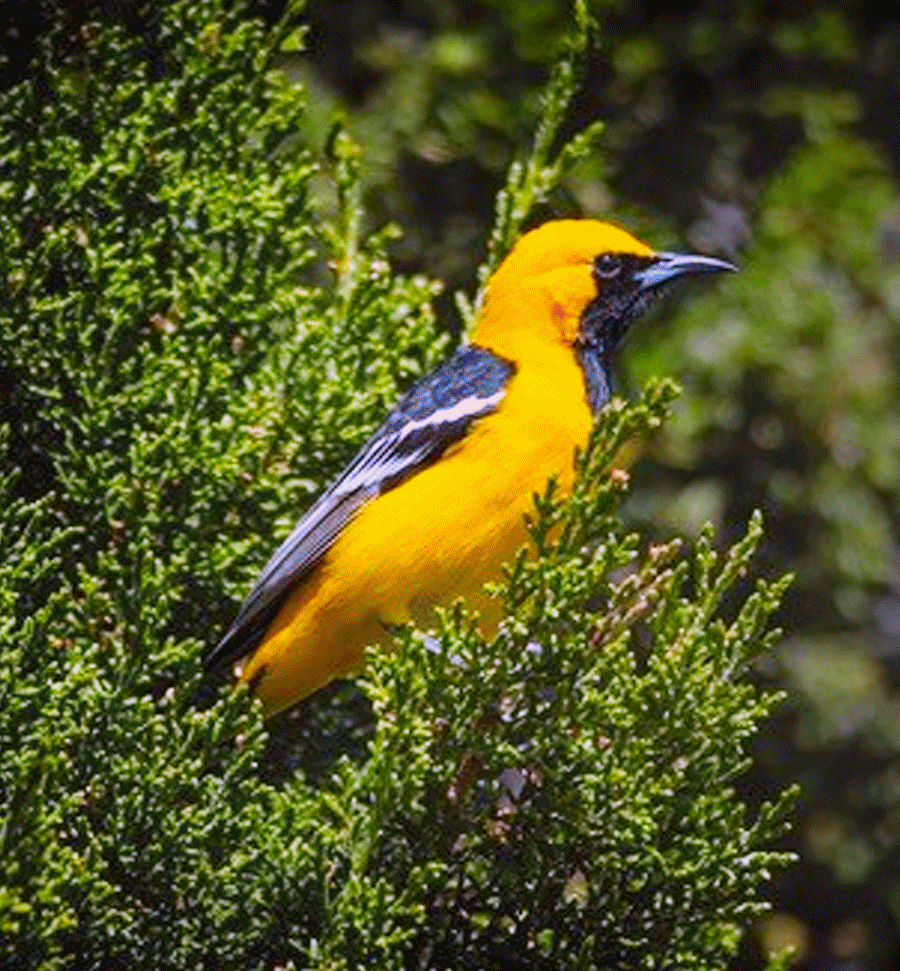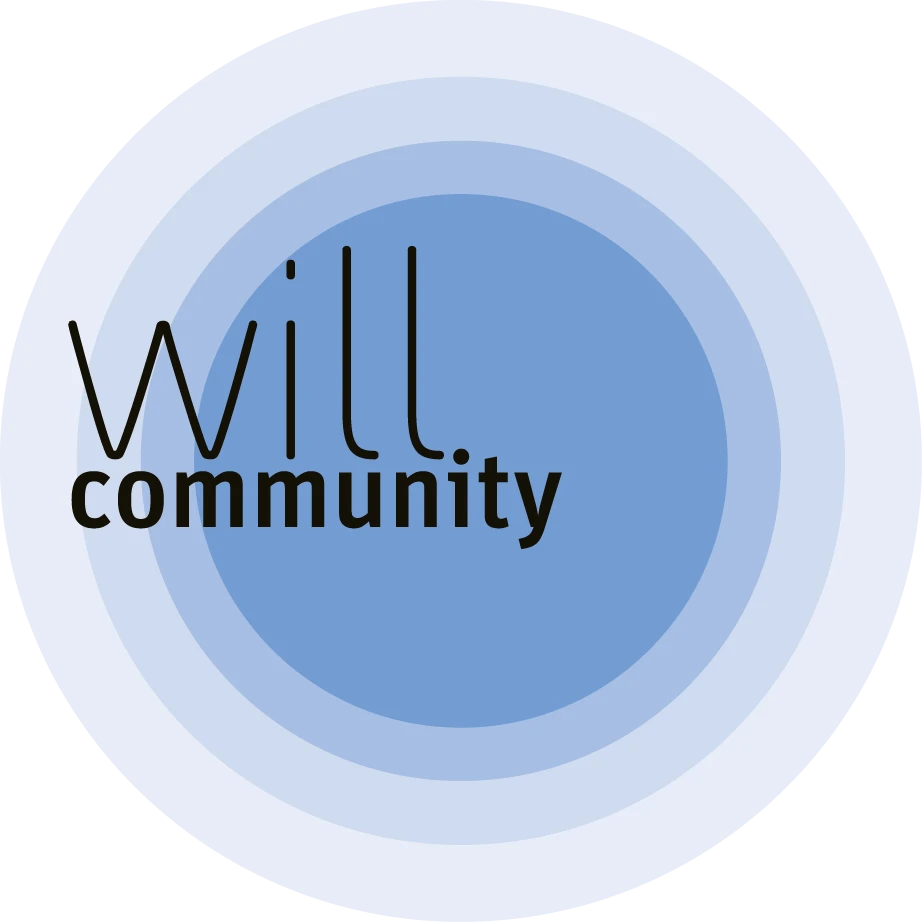The Southwest Festival of the Written Word recently had an opportunity to interview Bill Charland, author of Soundings and The Heartland File.
Charland, a volunteer and a reader, and Phoebe Lawrence, a potter and a gardener, live on the western rim of Silver City. As seen from their living room window, the university, where Bill once worked as the director of the honors program, lies to the left and the town itself is clumped below. On the eastern horizon stretch the cliffs above the copper pit.
Charland’s manner embodies the professional counselor’s calm. He was a counselor, a former cleric and teacher, and is a practicing Quaker. He’s a compact man, someone you know has always been good at sports. When he met me at the door, he wore a faded University of Texas billed cap, hiding a bald head, haloed with grizzle. When the cap comes off, a high forehead dominates, as in those handsome, serious faces that turn up in photographs of intellectual celebrities of a 100 years ago – Henry James, Thomas Hardy and Henry Adams.
The incentive for the visit with Charland is his two novels, Soundings and The Heartland File, both self-published in 2008 and both completed in Silver City. What lay behind those books, however, in motivation and life experience was a complexity of occupations. Besides chaplain and professor, Charland has directed a university program outside the walls and a university career counseling program and has been a free-lance journalist, corporate career consultant, weekly columnist writing about career trends, and author of six trade books about work and the changing economy.
Why did he write The Heartland File? He felt that he had to tell the story of his alma mater that started as a small denominational college on the High Plains, sold out by its rural community. In reality the college became a federal prison, while in the novel a mysterious company, a corporate octopus delivering degrees for dollars, assumes control. Charland’s deep sense of justice and satirical ire function like tentpoles, holding up the roof over an academic circus and tragic show.
What’s Next?
Has he considered writing a new book, non-fiction or novel? He’s always kicking around ideas and characters. He set out to write a book to present the historical and philosophical contexts of career as a sociological or pychological concept, but abandoned the project when he recognized the pain and desperation present in the current job market. Many potential readers need a job, not a discussion of theories. His yet-to-be-written novel, mining his Silver City life that includes both WNMU and volunteer work in Palomas, Chihuahua, awaits the complete development of characters in his mind. Several times Charland refers to “development of characters in his mind” as the essential task of novel writing.
He considers writing to be an individual activity. I suggested “Lonely?” and he responded, “Isolating.” “We use great energy giving existence to something that doesn’t exist.”
Where the Writer Is
Charland started his life as an American nomad, his father moving the family around the country until settling in Minneapolis. As Charland recounts his education and employment, the map gets complicated. School in Yankton, South Dakota; Manhattan; New Haven; Chicago. Work in Atlanta, the suburbs of Chicago, Denver, Guadalajara, and Silver City, with lots of writing trips between.
Charland typifies Chicago as a “draining place,” when compared to Denver, where Charland lived 20 years. He says that Silver City is “a good place for reflection. Not much happens here.” It’s not the Denver of oil patch busts and high-tech booms, the inspiration of his first published novel. Nevertheless, the inspiration of a place sometimes needs the distant order of recollection, because the plot and characters of Soundings, a novel about the chaos of the telecommunications industry, didn’t become clear until he was at a remove in Guadalajara. And the final writing, begun in Mexico’s second largest city, didn’t occur until he was gazing out his windows overlooking Silver City.
He remembers with some fondness Silver City’s now defunct BS Society (Best Seller Society), a group of writers that had monthly meetings. In a musing aside: “Planning the program must have been lots of trouble.” “Last thing you want to do tis to sit around and talk about what you’ve written.” He compares the environment that a writer doesn’t need to his wife’s associations with other artists in the plastic arts.
Types of Writing Sorted by Difficulty
Charland describes a continuum of writing difficulty, and he says that his own writing has followed that progression. Academic writing is the easiest and requires the least investment by the writer. Next comes the non-fiction books, constructed partly from weekly newspaper columns and research necessary for corporate consulting. Free-lance journalism, such as Charland’s sports features for the Christian Science Monitor, is more difficult because the writer works in an unpredictable environment and must show, rather than tell, unexpected information to a broad, sometimes untutored audience. Fiction writing is the most difficult: the writer calls up and makes real an entire world.



